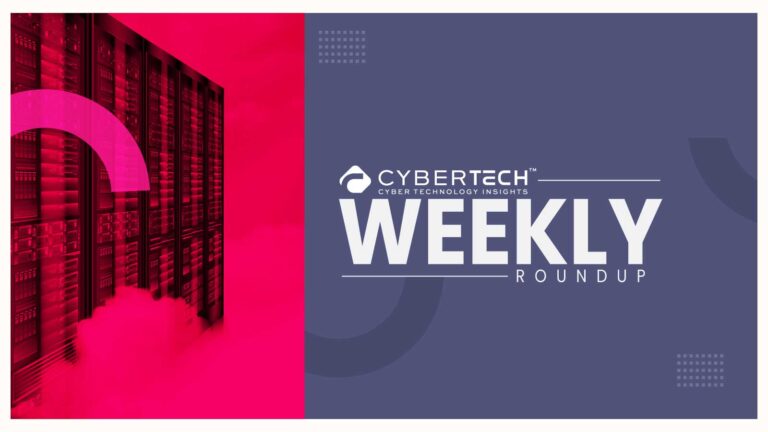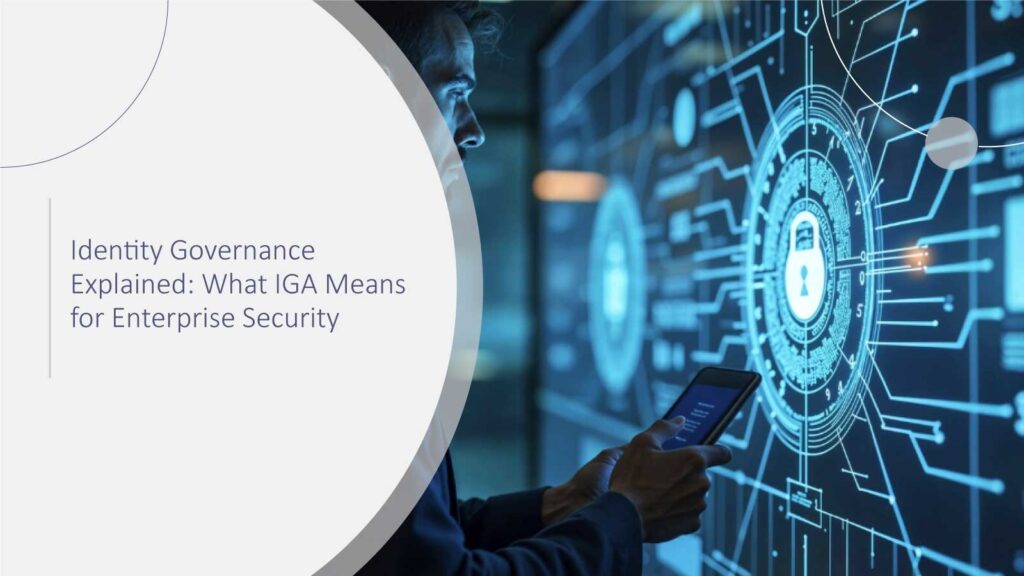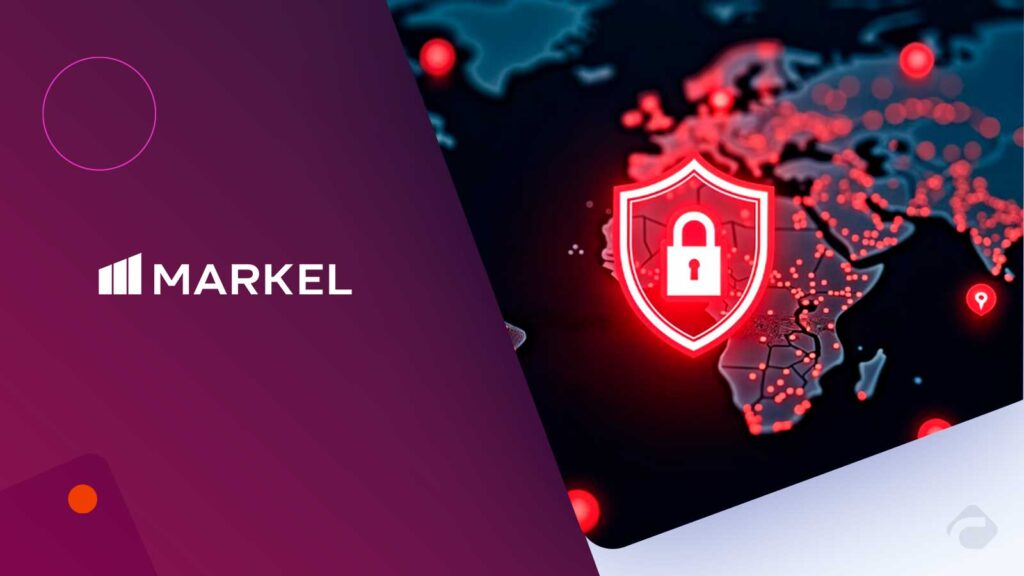SignQuantum, a specialist in post-quantum security for sensitive digital assets, has officially introduced a new cryptographic solution designed to shield digitally signed documents from the future risks posed by quantum computing.
The newly launched add-on software allows seamless integration with existing electronic signature platforms. Its primary aim is to help businesses future-proof their document signing processes without disrupting current operations. By addressing two critical security gaps—signature authenticity and verifiable timestamps—SignQuantum sets a new benchmark for safeguarding digital trust in a post-quantum world.
The solution is built using the National Institute of Standards and Technology’s (NIST) leading post-quantum cryptographic algorithm, in combination with the quantum-resistant blockchain infrastructure provided by QANplatform.
“SignQuantum offers organizations a rapid path to quantum-ready security while preserving their current e-signature workflows,” said Nazmath Nazeer, CEO of SignQuantum. “We’ve tackled two major concerns: preserving the integrity of digital signatures and securing proof of the exact signing time using state-of-the-art cryptography and QANplatform’s blockchain.”
The launch event took place in Doha, Qatar, with notable attendees including Johann Polecsak, Co-founder and CTO of QANplatform, Sheikh Mansoor Bin Khalifa Al-Thani, Founder and Chairman of MBK Holding, and SignQuantum’s CEO Nazmath Nazeer.
Cyber Technology Insights : CORRECTING and REPLACING Resecurity Partners with Duke University Masters of Engineering in Cybersecurity
A Rapidly Growing Market—and a Looming Threat
The global demand for digital signatures is surging. With a market value of $10.8 billion in 2025, it’s projected to skyrocket to $118.9 billion by 2032, reflecting a 40.9% compound annual growth rate (CAGR). This explosive growth is fueled by rapid digital transformation, increasing regulatory demands, and the shift toward remote work environments.
However, with growth comes risk. Quantum computers, once commercially viable, could undermine traditional encryption methods used in digital signatures. This means that documents signed today could be vulnerable to manipulation in the future, threatening their legal and regulatory validity.
Recognizing this danger, NIST has recommended that both public and private organizations transition to quantum-resistant cryptography before 2030. After that, older cryptographic methods will be deprecated, leaving legacy systems exposed unless upgraded.
SignQuantum’s Core Advantages
SignQuantum’s technology is engineered around three pivotal strengths:
Effortless Integration with No Workflow Disruption: Organizations can adopt quantum-secure signing processes without altering their existing digital signature infrastructure.
Alignment with NIST’s Quantum-Safe Standards: Both SignQuantum and QANplatform employ NIST’s preferred post-quantum algorithm to protect digital transactions.
Cyber Technology Insights : DXC and 7AI Partner to Deliver Revolutionary AI-Powered Security Operations Service
Dual-Layer Security: The platform ensures both the authenticity of the digital signature and the immutability of the timestamp, a crucial feature for legal and compliance use cases.
“Recent delistings of Root Certificate Authorities (CAs) reflect declining confidence in centralized trust models,” noted Johann Polecsak, CTO of QANplatform. “While blockchain can decentralize trust, it is also highly vulnerable to quantum attacks. Post-quantum digital signatures need to be coupled with a blockchain platform like QANplatform that mathematically guarantees authenticity—only then can real trust be established at scale.”
A Qatari Innovation with Global Potential
Sheikh Mansoor Bin Khalifa Al-Thani, founder of MBK Holding and former director of IT for the Council of the Qatar Ruling Family Affairs, expressed pride in the innovation.
“It’s inspiring to see a Qatari-developed solution tackle such a vital global cybersecurity challenge,” he said. “SignQuantum lays the foundation for secure digital operations in a post-quantum world, benefiting both public institutions and private enterprises.”
Cyber Technology Insights : Noma Security Appoints Diana Kelley as CISO and Mavi Grizer as VP of Customer Success
To participate in our interviews, please write to our CyberTech Media Room at sudipto@intentamplify.com
Source: prnewswire







